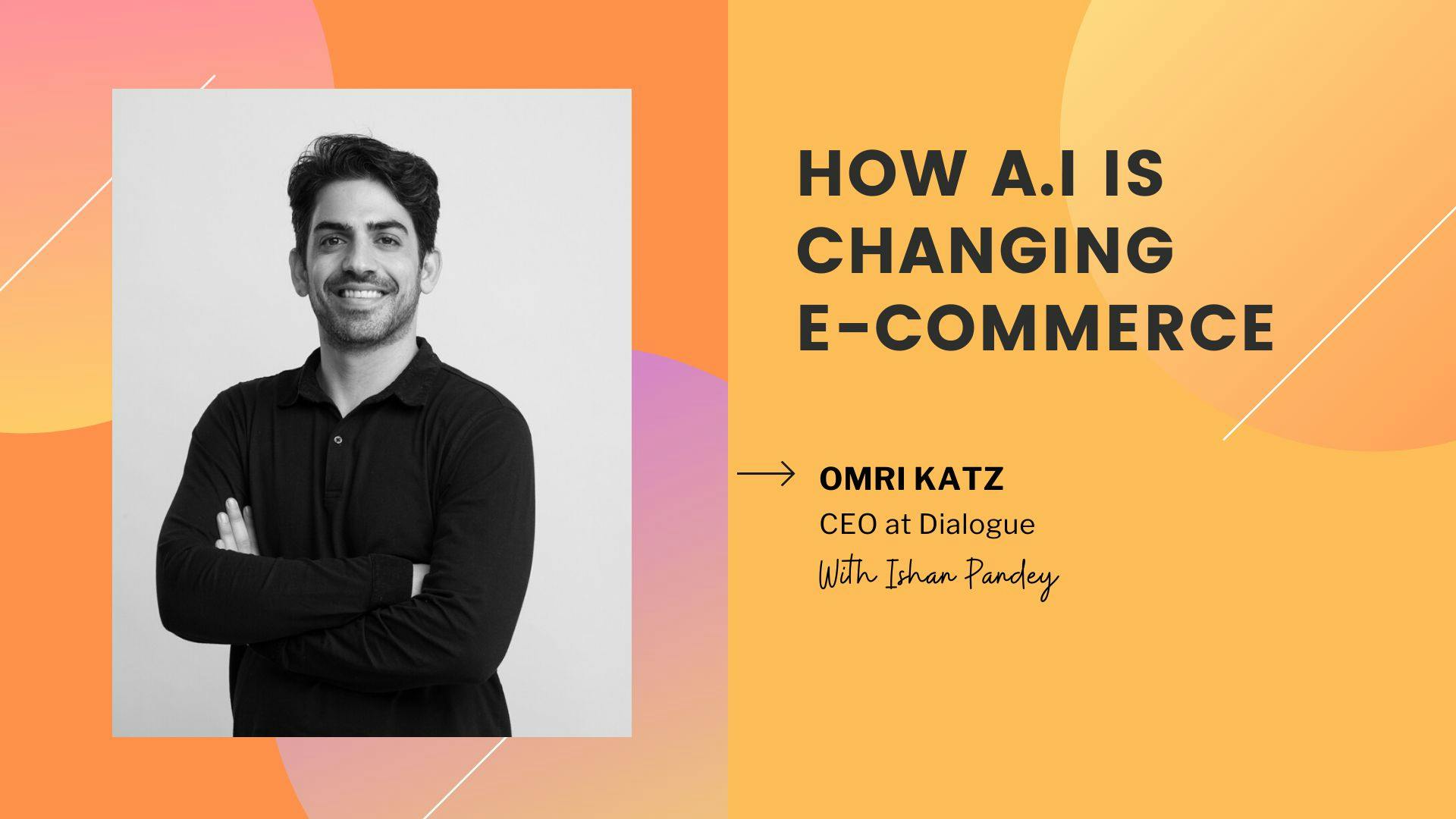775 reads
How AI is Changing the User Shopping Experience with Omri Katz
by
December 4th, 2020

Building and Covering the latest events, insights and views in the AI and Web3 ecosystem.
About Author
Building and Covering the latest events, insights and views in the AI and Web3 ecosystem.
